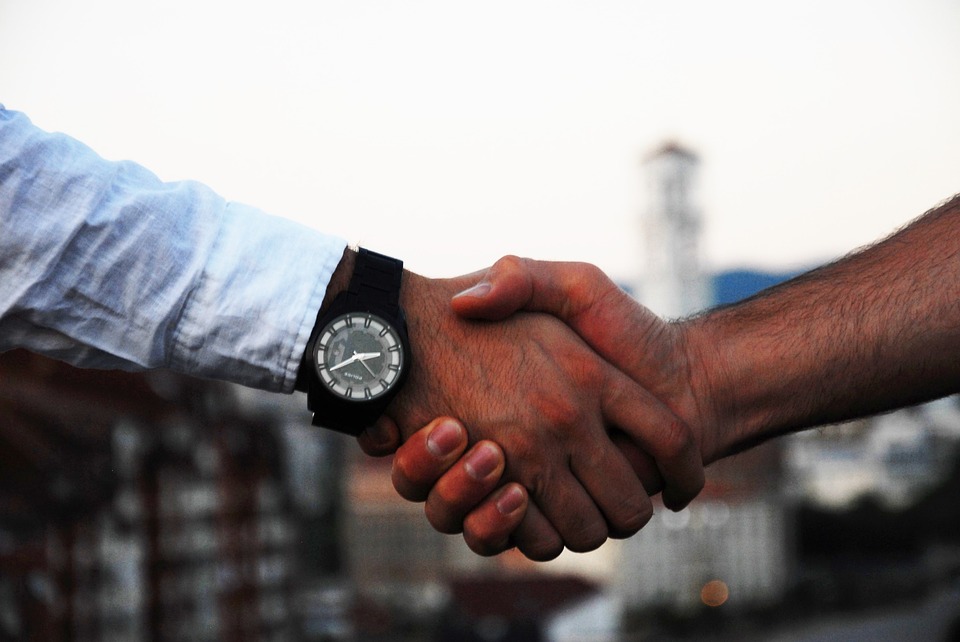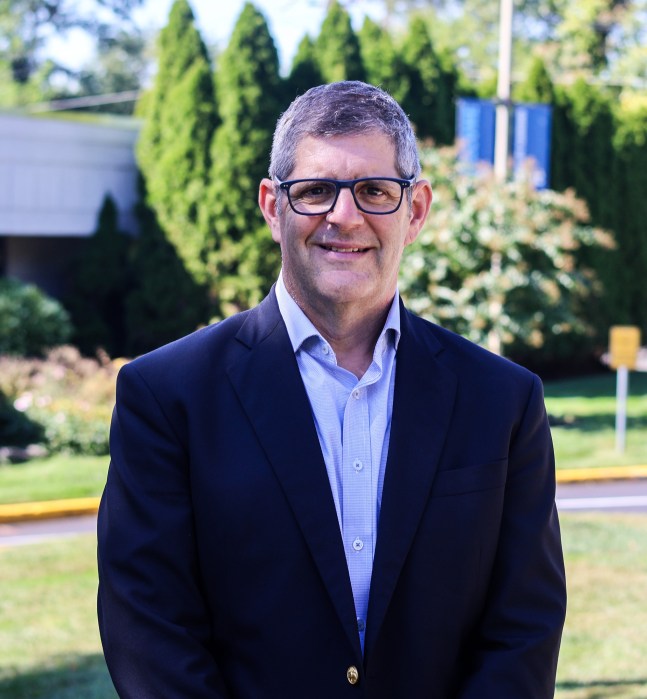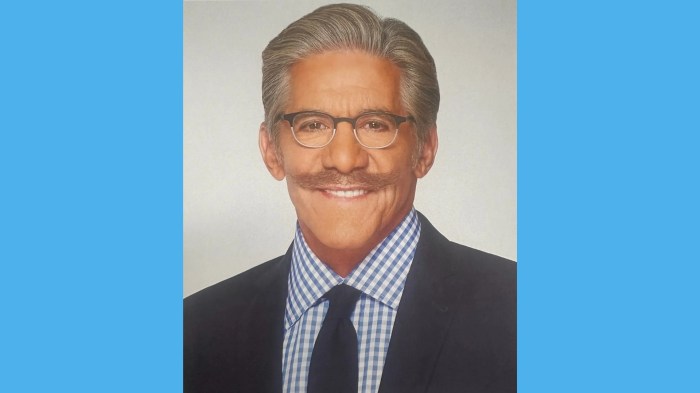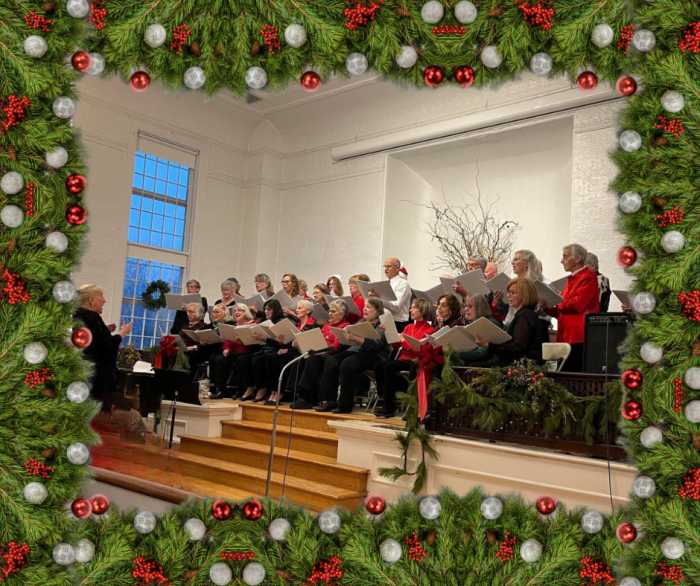It’s that time of year when sappy columnists remind us what we should be thankful for.
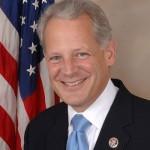
I’m no fan of those columns. I view the world as a messy, volatile, challenging and unpredictable place. But under the muck, there are countless jewels to be thankful for.
My most meaningful holiday? I was returning home from a visit to Afghanistan aboard the U.S.S. Enterprise in the middle of the Persian Gulf. I boarded around Thanksgiving and dined with the carrier’s commander, Ron Horton, who, I recall, was from Southold. I asked him about the crew’s morale.
“These people are professionals,” he said. “They’re doing their job. They don’t ask for much, but they do need to know that they have support back home.”
Looking around that room gave me the deepest sense of thanks I’d had since my children were born. The crew came from every conceivable background. What they had in common was not being with their families on Thanksgiving and being proud to protect those families.
Now we enter another holiday season, where brave men and women sit on ships and fly planes and huddle in secret places far from home. They’re the 1 percent that defends the rest of us.
There are different ways to thank them. Stickers that say, “Support Our Troops” are nice, but we can do better. Saying “thank you for your service” is appreciated, but requires little effort. They truly don’t receive the thanks they deserve.
We want them to do more while paying lower taxes to support them. We want them to fight our battles but many support President Trump’s State Department budget cuts for diplomacy that might prevent those battles. We’ve become disengaged from understanding the battles as news analysis morphs into opinion.
This holiday season, many will bask in the warmth of home fireplaces, surrounded by loved ones. I think of another fireplace, lit in the White House on Dec. 9, 1941. Two days after the attack on Pearl Harbor, FDR gave a fireside chat preparing Americans for a difficult war. Today, that speech might be considered political malpractice:
“I was about to add that ahead there lies sacrifice for all of us,” he said. “But it is not correct to use that word. The United States does not consider it a sacrifice to do all one can, to give one’s best to our nation, when the nation is fighting for its existence and its future life.
“It is not a sacrifice for any man, old or young, to be in the Army or the Navy of the United States,” he continued. “Rather it is a privilege. It is not a sacrifice for the industrialist or the wage earner, the farmer or the shopkeeper, the trainmen or the doctor, to pay more taxes, to buy more bonds, to forego extra profits, to work longer or harder at the task for which he is best fitted. Rather it is a privilege. It is not a sacrifice to do without many things to which we are accustomed if the national defense calls for doing without it.”
This holiday season, check on a military family. Contribute to a veteran’s organization. Visit the Northport Veterans Hospital. If you’re a builder, donate time and resources to renovate an American Legion or VFW Post.
Don’t just say “thank you.” Act on it.




